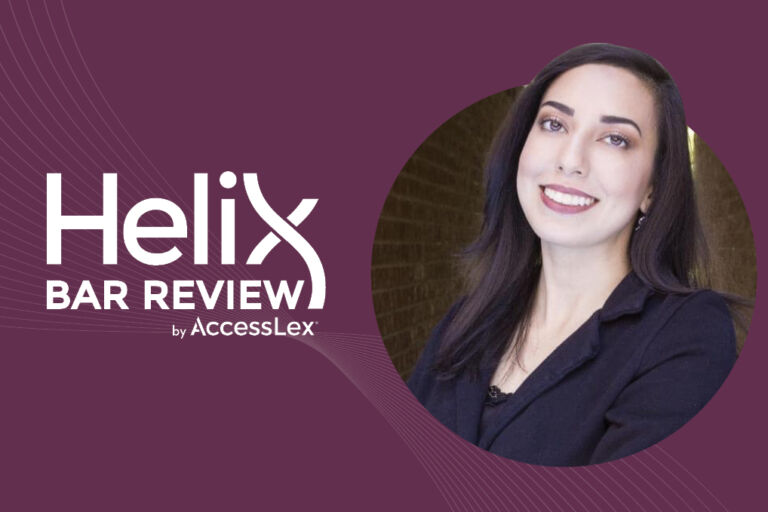It was a GOOD week for…
Increasing admissions numbers, after Cooley Law School in Tampa raised its number of students from 110 when it opened in May 2012, to 312 students enrolled in the program. The founder of the law school, former chief justice for the Michigan Supreme Court Thomas E. Brennan, took a different approach to creating the law school and believes more people should be given the opportunity to attain a law degree. The school has a flexible schedule with classes offered three times a day and includes rolling admissions three times a year for each semester. Among the five Cooley campuses there are 3,745 students, with 28.2 percent of the students minorities.
It was a BAD week for…
Selling your name, after Jason Madsen, a dropout of Charlotte School of Law, decided to put his name up for auction on eBay in an order to pay off his law school debt. Madsen was forced to quit law school because his bad credit prevented him from borrowing enough money to finish his legal degree. Madsen said he is willing to change his name to anything reasonable for a price, according to a report from Above the Law.
“I, Jason Madsen, will legally change my name for two years to whatever the highest bidder wants,” Madsen said in the eBay listing for his name change. “If you want my first name to be ‘Bob’s Supermarket’ and my last name to be ‘.com’ I’m cool with that, or if you want the first to name to be an entire business name — whatever works.”
The bidding begins at $75,000. Madsen hasn’t had any bidders yet.
Getting sued, after the Law School Admission Council filed suit against the State of California to block the enforcement of a new law that bars the organization from notifying law schools when applicants get extra time to complete the Law School Admission Test. The California Legislature approved the law in September 2012, because some argued the process, known as flagging, discriminates against disabled test takers who need the extra time. The law took effect on January 1 and will apply to scores earned during the February 9 LSAT sitting. LSAC argues the law is unconstitutional because it violates its freedom of speech and does not apply to other testing entities.






